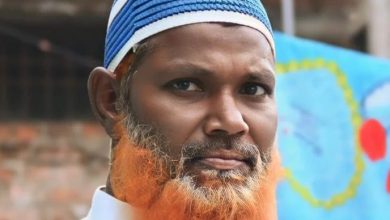Muzzafarnagar anti-Muslim riots in Uttar Pradesh mark 11 years of tragedy
New Delhi:: Today marks the 11th anniversary of the devastating anti-Muslim riots in Muzzafarnagar district, Uttar Pradesh, one of the most violent episodes of communal strife in recent Indian history.
According to Kashmir Media Service, the violence erupted on August 27, 2013, and continued for several days, resulting in the deaths of 62 people, predominantly Muslims. The riots left approximately 93 individuals injured and displaced over 50,000 people, many of whom were forced into relief camps. This episode is regarded as one of the bloodiest communal riots in India since the 2002 Gujarat riots.
The violence was initially sparked by a minor altercation involving a motorcycle, which was manipulated by extremist Hindus into a full-blown religious conflict. Over the course of 20 days, the rioters perpetrated widespread attacks on Muslim communities, burning homes and shops, and committing acts of violence.
The Indian Supreme Court subsequently held both the central and state governments accountable for their failure to prevent and control the violence. The court-appointed commission, led by Justice Vishnu Sahai, implicated the Bharatiya Janata Party (BJP) and the Samajwadi Party for their roles in the riots. The commission’s findings highlighted the political and administrative failures that allowed the violence to escalate.
A report by India Today revealed that BJP leader Sangeet Som played a provocative role by circulating fake videos on social media, which incited further violence against Muslims. Additionally, in 2022, BJP leader Vikram Singh was sentenced to two years in prison for his significant involvement in the riots.
Despite these legal actions, many survivors of the Muzzafarnagar riots continue to face challenges, including ongoing displacement and lack of justice. The aftermath of the riots remains a stark reminder of the deep-seated communal tensions.








